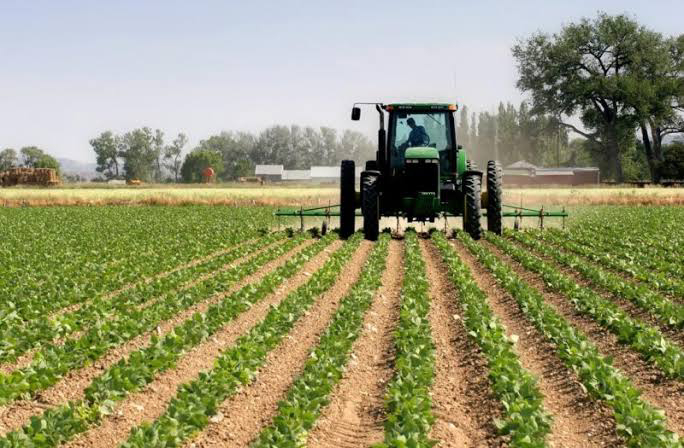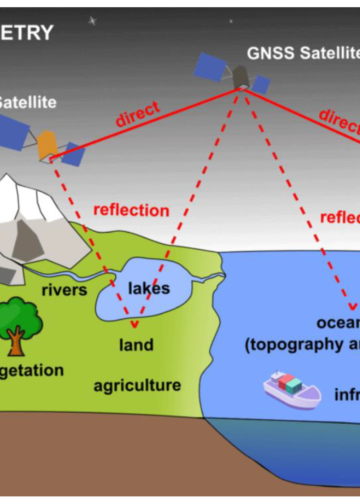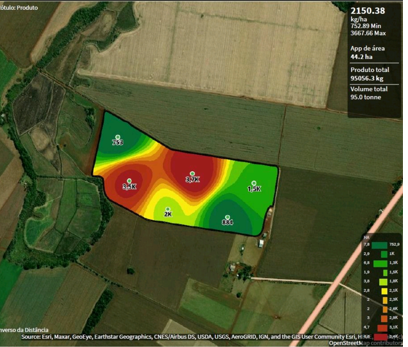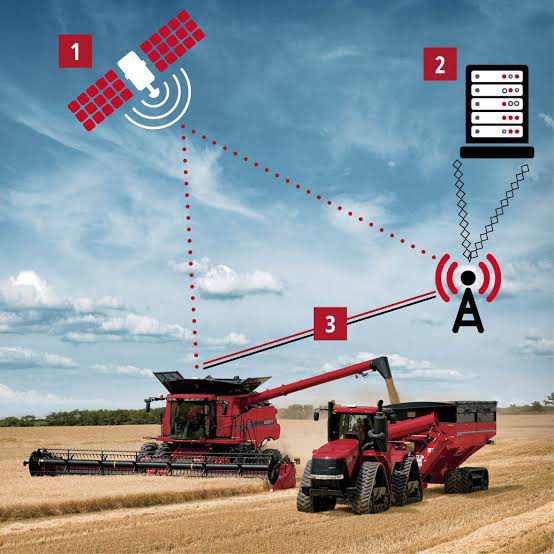Understanding the Importance of GPS in Precision Agriculture
Precision agriculture is a farming approach that utilizes technology and data analysis to optimize crop production. One of the key technologies that are used in precision agriculture is the Global Positioning System (GPS).
GPS is a satellite-based navigation system that allows farmers to precisely locate and map their fields, as well as monitor and control various aspects of their farming operations.

One of the primary benefits of using GPS in precision agriculture is its ability to improve the accuracy and efficiency of farming practices. By using GPS to map out fields, farmers can ensure that they are planting, watering, and applying fertilizers and pesticides in the most effective locations. This can help reduce the number of resources that are wasted, while also improving the overall health and yield of the crops.

Understanding the Importance of GPS in Precision Agriculture
Another benefit of using GPS in precision agriculture is its ability to provide real-time data and analysis. With GPS-enabled sensors and other monitoring equipment, farmers can track various factors that affect crop growth, such as soil moisture, temperature, and nutrient levels. This data can then be used to make more informed decisions about how to manage their crops, such as when to irrigate or apply fertilizers.

Furthermore, GPS can also be used to automate many of the tasks involved in farming. For example, GPS-guided tractors can be programmed to follow precise paths through fields, allowing farmers to plant seeds or apply chemicals with greater accuracy and speed. This can help reduce the amount of labor that is required for farming, as well as improve the overall efficiency of farming operations.

In conclusion, GPS plays a crucial role in precision agriculture. By providing accurate location information and real-time data analysis, GPS helps farmers optimize their farming practices, reduce waste, and improve the health and yield of their crops. As the technology continues to evolve, we can expect to see even more applications of GPS in precision agriculture, helping to make farming more sustainable and efficient.











